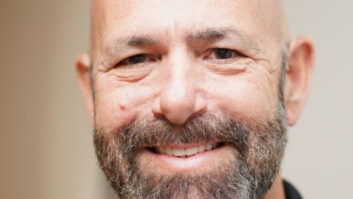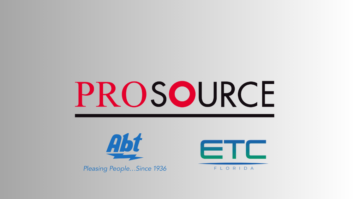Washington — Seven public-interest and consumer groups, led by consumer advocacy group Public Knowledge, asked the Federal Communications Commission (FCC) Monday to deny the request of Hollywood Studio interests to take control of consumer TV sets and entertainment devices.
The reaction came in response to the Motion Picture Association of America (MPAA) request to the FCC on May 9 to grant it an exemption to 2003 rules that prohibit its members’ ability to limit what consumer devices can do with copyrighted content.
According to Public Knowledge, “The MPAA said it needed the waiver so that it could offer movies to consumers while protecting copyrighted material.”
“MPAA’s petition, however, is not necessary,” the groups said in a joint statement. “Through selective output control, the waiver will give the largest motion picture production companies veto power over the connections, which are used to connect set-top boxes, receivers, high-definition televisions, home theater systems, digital video recorders and other consumer electronics devices.”
In addition to Public Knowledge, the groups joining the effort to deny the MPAA request include: Consumer Federation of America, Digital Freedom Campaign, Electronic Frontier Foundation, Media Access Project, New America Foundation and U.S. PIRG.
“This veto power will give media companies leverage to dictate which home electronics manufacturers can produce products capable of viewing their content. Through that leverage, these media companies will gain the ability to control other aspects of the devices’ design and the users’ experience. The net effect of granting the waiver is to let content owners choose which types of connections users of digital content can have in their homes and what uses those connections allow, regardless of which connections users, consumer electronics manufacturers, [multichannel video programming distributors] and the rest of the relevant market decide are best,” the joint statement reads.
A full text of the public-interest comments can be found here.
Public Knowledge said the MPAA waiver, if granted, “will give the companies the ability to allow some devices to work and others not to work. If granted, the waiver will frustrate consumer expectations regarding their home theater equipment and will give movie studios unprecedented and undesirable control over the design and use of home electronics equipment.”
As an example, they cited a new Sony announcement that it would make the new movie, “Hancock,” available sooner to owners of a Sony TV with a proprietary video connection than to the rest of the CE-owning public.
The objecting parties also said the waiver request was unnecessary to protect copyright because “the business model the industry is touting is not new, and that it has been asking for protection for digital material since 2002. Rather, copyright violations would be reduced even without the restrictions the industry is proposing,” the groups said:
“In fact, MPAA’s proposed ‘business model’ aims to bring recently released movies into consumer homes, providing a legal, convenient source of new movies for home viewing. The proliferation of online, legal purchasing of music has amply demonstrated that when content owners offer their products in a convenient, non-restricted, reasonably priced form, people will pay for it.”
The MPAA had not returned requests for comment as this was posted.













